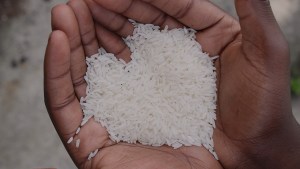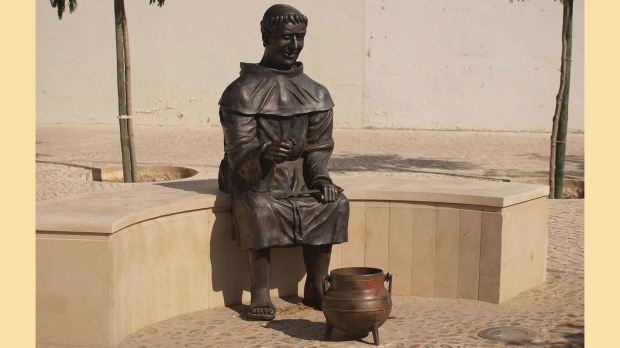Portuguese “stone soup” is a perfect main-course soup for those chilly autumn and winter evenings. Original from the Ribatejo province (famous for its horses), it is said to get its name from the kidney beans it contains, often referred to in Portuguese as “pedras,” that is, stones.
However, folklore gives other origins to this staple dish of Portuguese cuisine.

Read more:
Fasting is not only about abstaining from food. It also means sharing food with those who are hungry.
The trope of the “stone soup” (sometimes the fable replaces the stone with some other inedible element, like an ax or a piece of wood) repeats itself all over Europe. The pattern is always the same: some hungry stranger convinces the people of a given village to each share a small amount of food to make a meal that eventually everyone ends up enjoying.
Whereas in some traditions this is done by tricking the villagers, in the Portuguese variant it has a clear moral regarding the value of sharing.
According to Portuguese folklore, a homeless, starving, poor mendicant friar who had not eaten in days ended up boiling a stone in water, to make himself a “stone soup,” as he had nothing else to add to the pot. But as villagers passed him by, they each felt sorry for him, and one by one brought different ingredients, adding something to make his meal a bit more savory: some brought linguiça (Portuguese garlic and paprika sausage), some others some hunks of meat, some others some veggies, and finally someone brought a bag of beans. Needless to say, the soup soon became quite a feast.
Once it finished cooking, the friar took the stone out of the cauldron, and invited the villagers to join him for a communal, shared meal they had all made possible. The story is still told today, and has a clear moral: the importance of sharing.
As can be seen in the story, this soup can be prepared with as many ingredients as desired, and is usually shared and prepared among friends and family.

